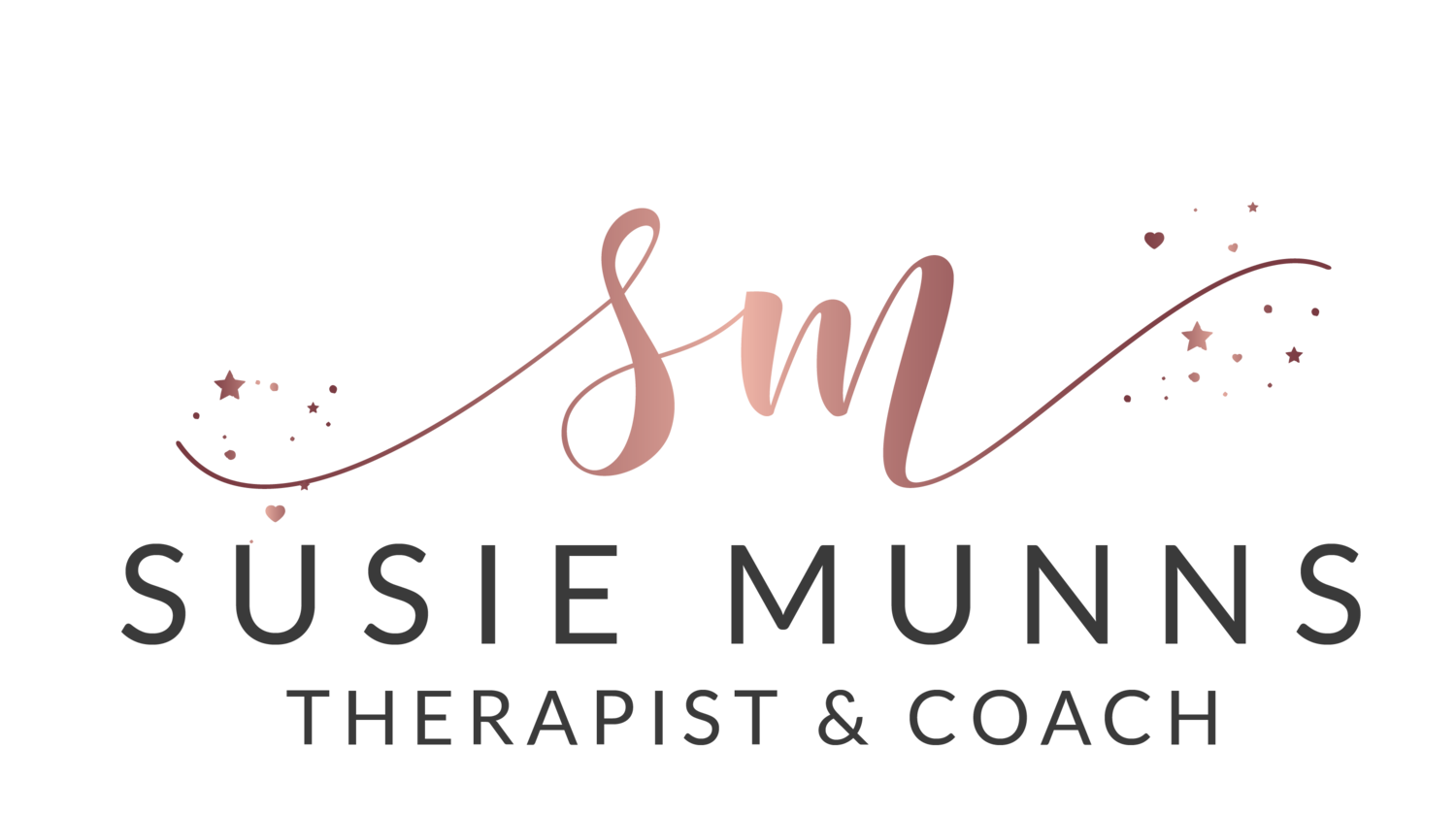
Emotional Eating
As my article states, addictions around food are the hardest to recover from. If you do not want to drink you can avoid alcohol and choose not to be around others who drink, the same goes for drugs, gambling, smoking to name a few. The point is for all addictions but food you can cut yourself off and go ‘cold turkey’. This is impossible with food, we need to eat to stay alive, even those who opt for a food supplement diet will eventually have to reintroduce food at some point.
Why Food?
Food is a great distraction, it fills the void, whether the void be boredom, uncomfortable emotions such as sadness, loneliness, anxiety, stress, anger to name a few, it acts as a great ‘filler’ for procrastination, “I really need to get that report done, but first I’ll just have something to eat...”. Food temporarily makes as feel good; when we eat we release the feel good chemical dopamine and the pleasure / reward part of the brain lights up like a Christmas tree. Enjoying food as a reward from time to time is okay and perfectly normal. It becomes a problem if food is your only comfort and way of coping, as it is highly likely you will be regularly overeating and out of control.
Emotional hunger vs physical hunger
Emotional Hunger comes on suddenly, it feels like it needs to be satisfied instantly, you will crave specific foods, especially those high in sugar and fat. You will never feel satisfied, even with a full stomach, and it cause feelings of guilt, shame and powerlessness
Physical hunger comes on gradually, it is not urgent in nature, a range of foods sound appealing, you feel satisfied when you are full, and it does not cause negative emotions.
Why diets do not work long term
Diets do not deal with why you are overeating in the first place, so they will work for a time, mainly because it will give you something new to focus on, still allowing you to ignore any negative emotions or control issues lurking within. However, the cycle, for most people, will start again at some point and weight will be regained.
Breaking the cycle
The first thing you need to look at to break the cycle, is the ‘why’. Why do you lose control around food? Why do you use food to comfort you? Why is food an issue for you? Then the ‘what’; what is happening when you reach for food when you aren’t truly hungry? What events and beliefs have led you to this point? What emotions are you trying to push down and ignore when you eat emotionally? What are your triggers? Write them down, you will start to recognise a pattern. Pay attention to your inner-talk and the bartering that will take place before you eat knowing that you aren’t really hungry, then again, notice the negative inner-dialogue that takes place after you’ve eaten a food you consider to be ‘bad’. Always check-in with yourself before reaching for food, make sure you are physically hungry and not emotionally hungry first.
Tools for success
Emotional Freedom Technique (EFT) is a fantastic technique to use on food cravings and negative emotions, which is why it works so well to help people overcome emotional eating. There are a few ways you can access EFT:
Attend one of my Unravel Emotional Eating & Lose Weight Workshops;
Schedule an appointment at my clinic for a one to one weight loss course.
“You do not cure emotional eating by removing all comfort foods.
You do it by learning how to comfort yourself.”

